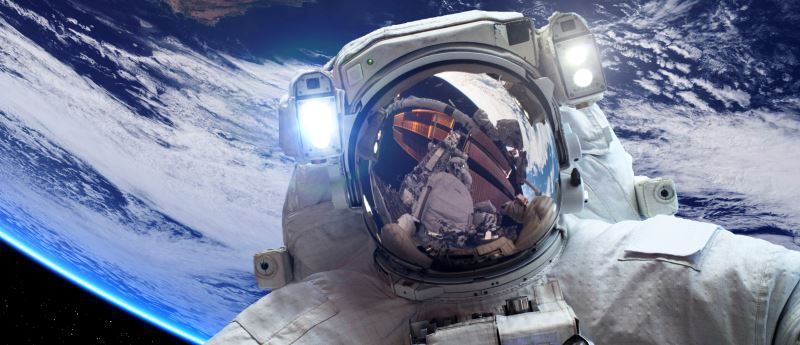What Astronauts Can Teach Us About Spine Health
Category: Spine | Author: Stefano Sinicropi

The vast majority of us will never have to worry about the effects of long-term zero gravity on our spines. However, astronauts returning from space have a higher rate of spine pain than the average individual. Why is that? You’d think that since there’s less stress on your spine in a micro-gravity environment that your spine wouldn’t endure as much stress as someone stuck on earth.
Although every day stress can slowly wear down our spine, this activity is actually somewhat beneficial for your spine. New findings out of NASA found that six astronauts who returned from space were predisposed to back pain because their paraspinal muscles actually shrunk by an average of 19 percent in space. These paraspinal muscles connect the bones of the spine together and facilitate their movement, and the findings suggest they can become prone to atrophy when not stressed on a regular basis.
Successfully Stressing Your Spine
Officials from NASA originally thought that spine pain in astronauts was caused by fluid swelling in the spinal discs, but MRIs didn’t show any disc changes after they returned to earth, so they were surprised to learn the problem was actually with shrinking structures. Astronauts typically work out for two hours a day to help strengthen their muscles and bones, but even these extended workouts can’t protect against structure atrophy.
Health data of astronauts suggests that two thirds of those who have spent multiple months in space suffer from some spine pain, and they are four times more likely that the average individual to suffer from a herniated disc. So what can we learn from their injuries?
Takeaways
As we mentioned in the intro, there’s a very slim chance anybody reading this will be heading into space anytime soon, but that doesn’t mean there’s nothing to take away from these findings. Stress may slowly wear down our spine, but targeted stress through physical activity can actually serve to benefit our spine by strengthening paraspinal muscles and stabilizing our spine. As NASA deputy chief scientist Dorit Donoviel said when discussing the findings, “With muscle, if you don’t use it, you lose it.” Oftentimes the best way to prevent back pain from settling in is to exercise and strengthen these areas so they aren’t predisposed to injury. So even if you have no plans to leave this planet anytime soon, you can strive for good spine health by exercising and working out the muscles in your back each and every day!